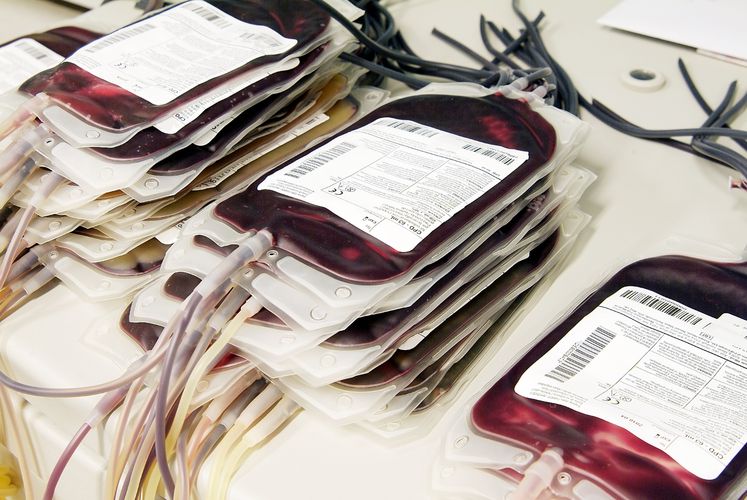Every year, around 4000 people in Germany alone are diagnosed with myelodysplastic neoplasms (MDS). In these patients, the healthy maturation of blood cells is disrupted, which can lead to anaemia, infections and an increased risk of bleeding. Higher-risk MDS are characterised by rapid progression, severe symptoms and often a transition to acute leukaemia resulting in a short life expectancy.
Patients who fall into the lower-risk category of MDS are not initially in an acutely life-threatening situation, but often suffer from mild to moderate anaemia as a result of a lack of mature and functional red blood cells. This type of anaemia manifests itself primarily through reduced performance as well as extreme fatigue and exhaustion, which severely limit the quality of life of those affected. This type of anaemia can often only be adequately treated with regular blood transfusions. A certain proportion of patients benefit from treatment with epoetin alfa – currently the only standard of care in terms of pharmacological treatment – before or in addition to blood transfusions. However, as a result of certain biological parameters, epoetin alfa is not suitable for all patients and the effect is usually not sustained on a long-term basis.
In a recent international study, luspatercept showed significantly better results compared to epoetin alfa in first-line treatment of lower-risk MDS patients. Professor Uwe Platzbecker, director of the Department for Hematology, Cell Therapy, Hemostaseology and Infectiology at the University of Leipzig Medical Center played a leading role in developing the clinical research project and recently presented this milestone at the European Hematology Congress in Frankfurt. “The results of this initial analysis of the COMMANDS trial will influence the treatment algorithm for lower-risk MDS patients requiring transfusions and they are likely to establish luspatercept as a first-line treatment option in this patient population,” says Professor Platzbecker, first author of the current publication.
The results are based on an interim analysis. Data were analysed from 147 study participants who received luspatercept and 154 study participants who were assigned to the epoetin alfa group. The objective of the study was to avoid blood transfusions over a period of twelve weeks and to increase haemoglobin levels by at least 1.5 points. A significantly higher number of patients treated with luspatercept (59 per cent in total) met the primary endpoint. In comparison, the objective was achieved by only 31 per cent of patients in the epoetin alfa group.
The COMMANDS trial is designed as an open-label, randomised phase 3 trial and is being conducted at a total of 142 sites in 26 countries. Eligible patients had to be transfusion-dependent in terms of red blood cells at the time of study entry and were not allowed to have received any medical therapy beforehand. Professor Platzbecker has been involved in clinical research on myelodysplastic neoplasms for more than 20 years. The COMMANDS trial follows a comprehensive study programme on luspatercept, which Professor Platzbecker has been involved in both medically and scientifically, in partnership with the manufacturer. The current clinical trial was sponsored by Celgene and Acceleron Pharma.
Original publication in The Lancet:
Efficacy and safety of luspatercept versus epoetin alfa in erythropoiesis-stimulating agent-naive, transfusion-dependent, lower-risk myelodysplastic syndromes (COMMANDS): interim analysis of a phase 3, open-label, randomised controlled trial. https://doi.org/10.1016/S0140-6736(23)00874-7































































